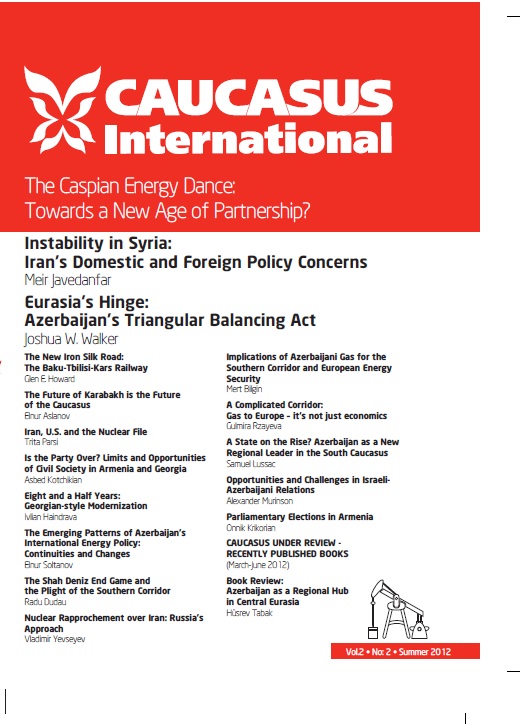Is the Party Over? Limits and Opportunities of Civil Society in Armenia and Georgia
The concept of civil society has been a key topic in the ongoing attempt to explain the socio-political changes in the former Soviet Union and especially in countries that experienced peaceful revolutions (the so called color revolutions). This piece attempts to offer some explanations on recent trends of civil society (in)activism in Armenia and Georgia by focusing on the correlations between increasingly responsive (aka democratic) governments and the intensity of activism that civil society groups have generated. The research argues that in the past decade or so, as Georgia became more democratic, civil society activism has declined sharply, whereas in Armenia the trend has gone in the opposite direction, with an increase in civil society activism as successive governments have become less responsive and accountable.
Latest news
- 03/17/2020 Call for Submission: “Non-Alignment Movement and Its Perspective in International Affairs”. Deadline: 1 July 2020 2626 views
Popular articles
- 02/24/2020 The Role of Irredentism in Russia’s Foreign Policy 2536 views
- 02/24/2020 Construction of sub-national identity vis-à-vis parent state: Gagauz case in Moldova 2218 views
- 02/24/2020 The Conflict in Ukraine - The Geopolitics of Separatism and Divergent Identities (Commentary) 2073 views
- 02/24/2020 The Role of the Soviet Past in Contemporary Georgia 2044 views





